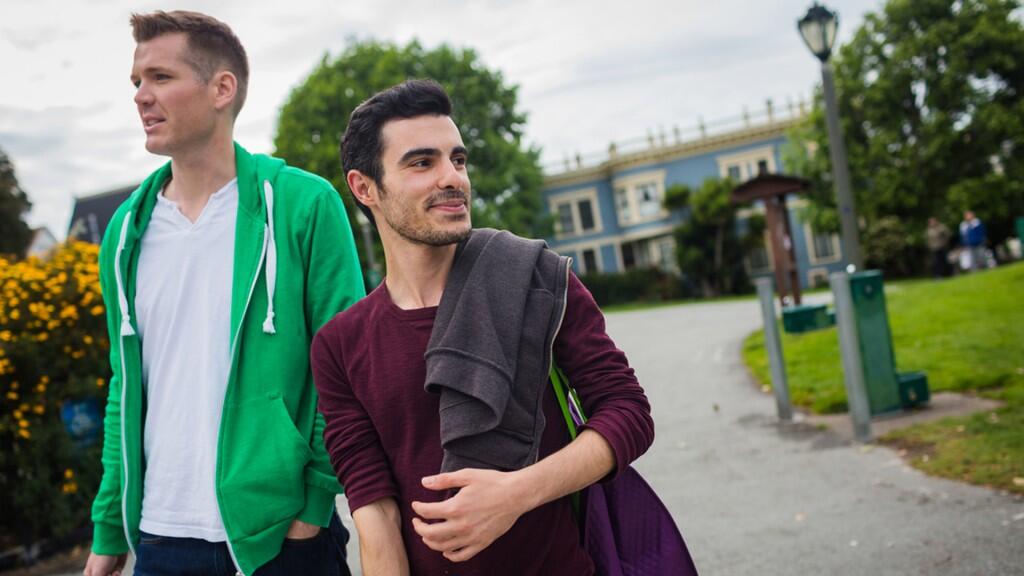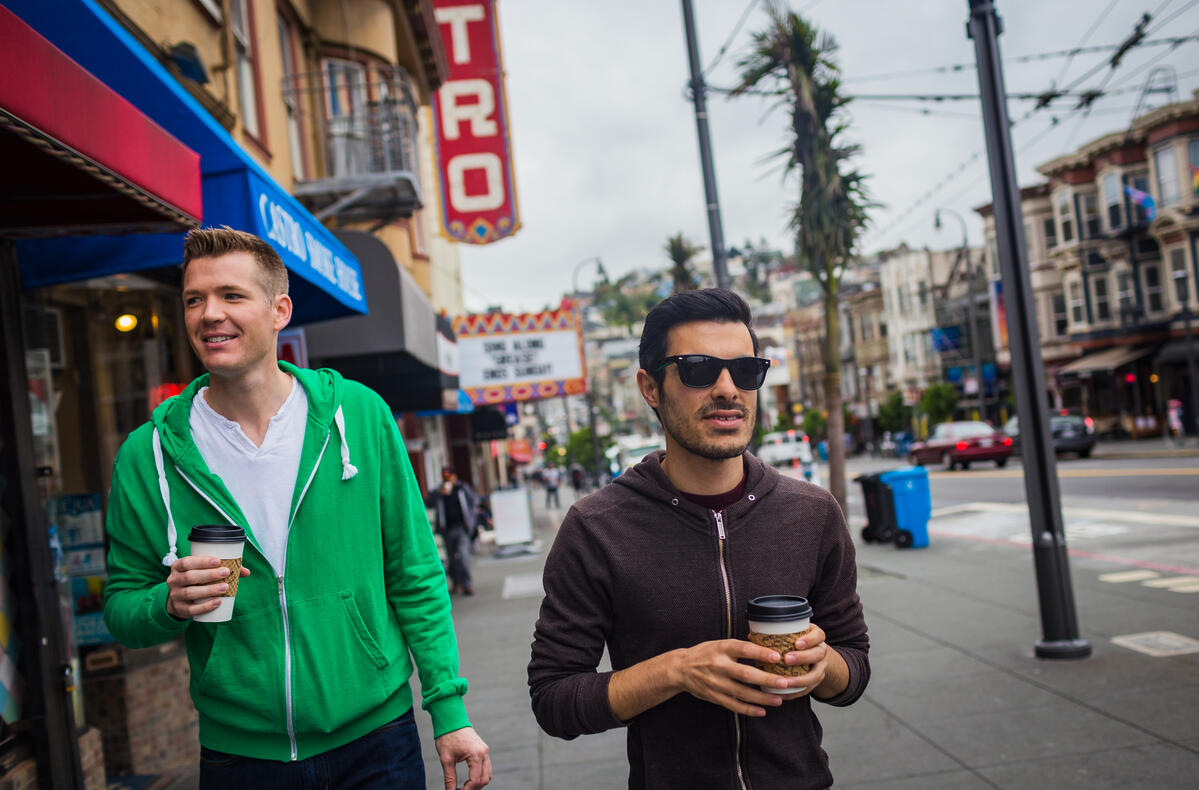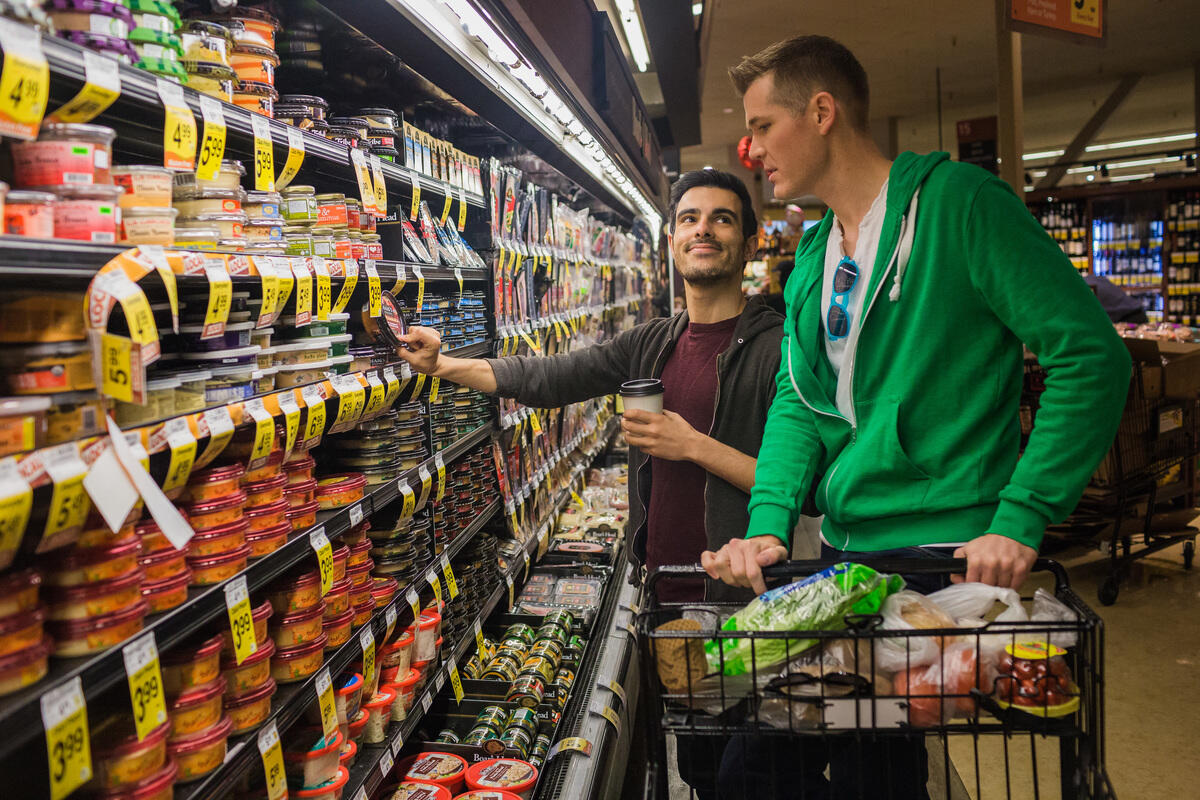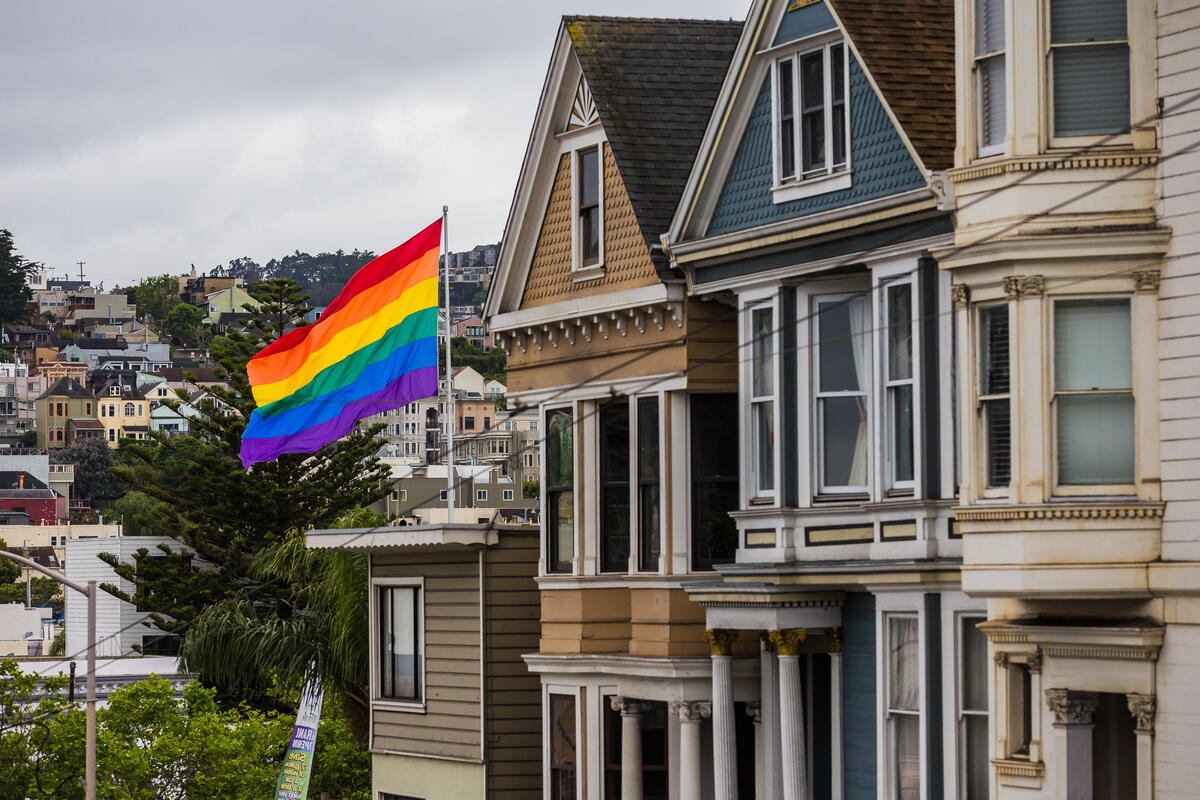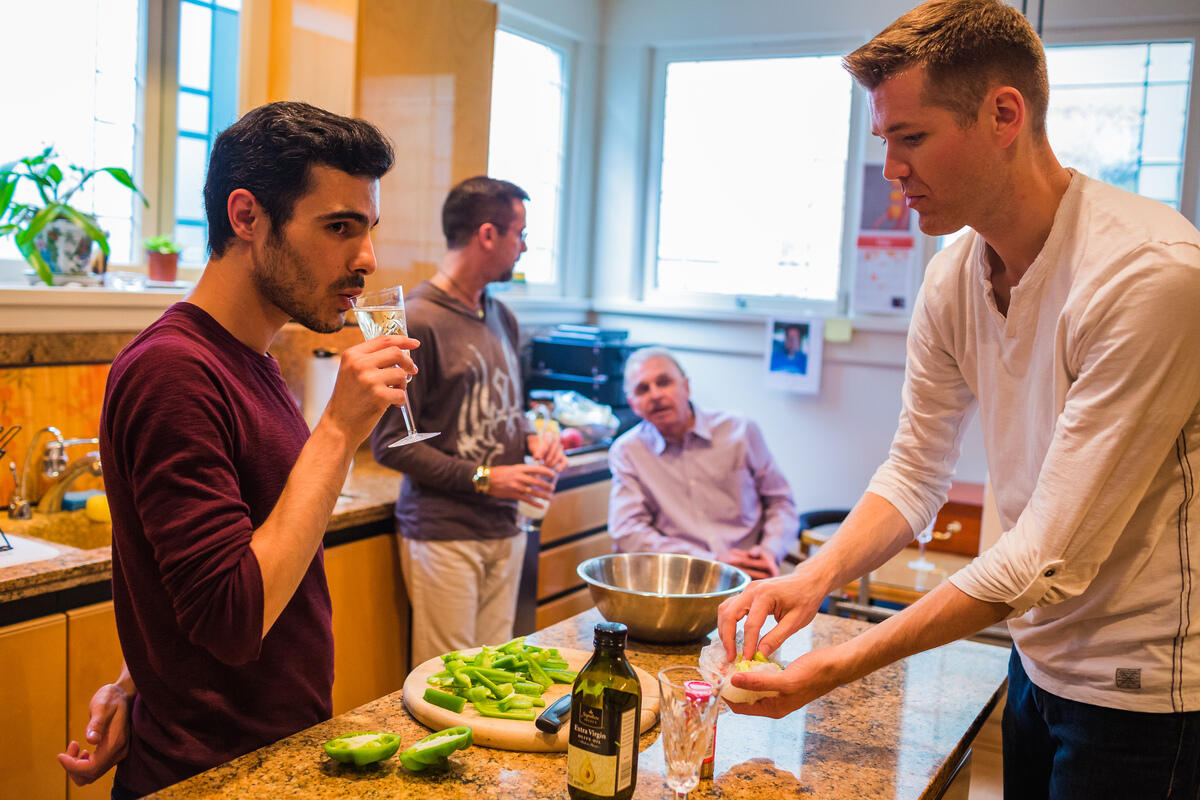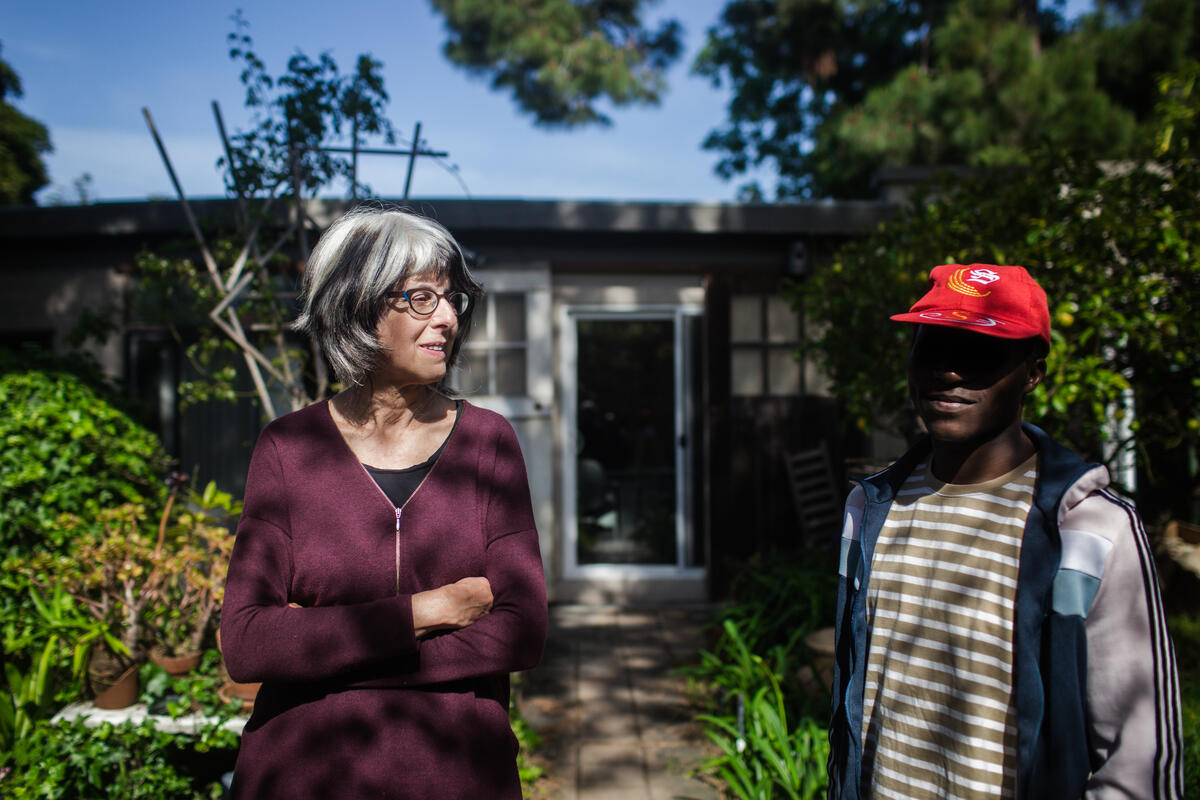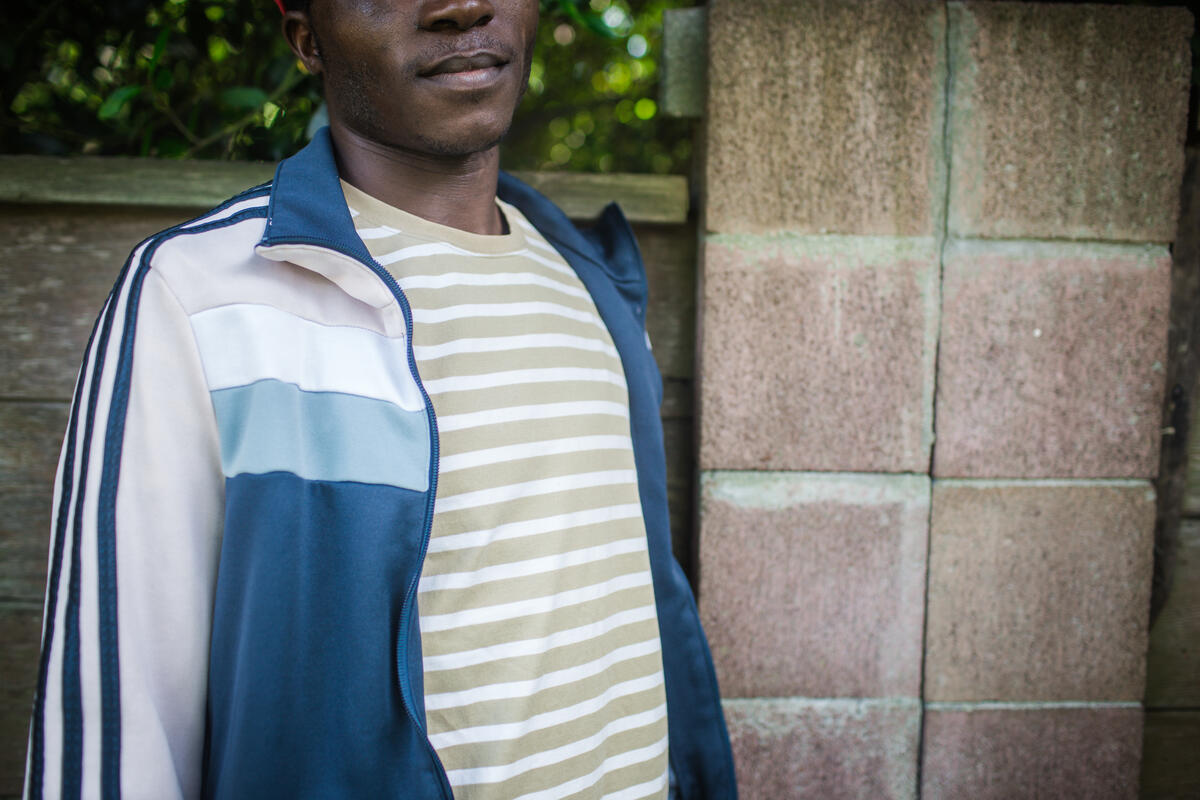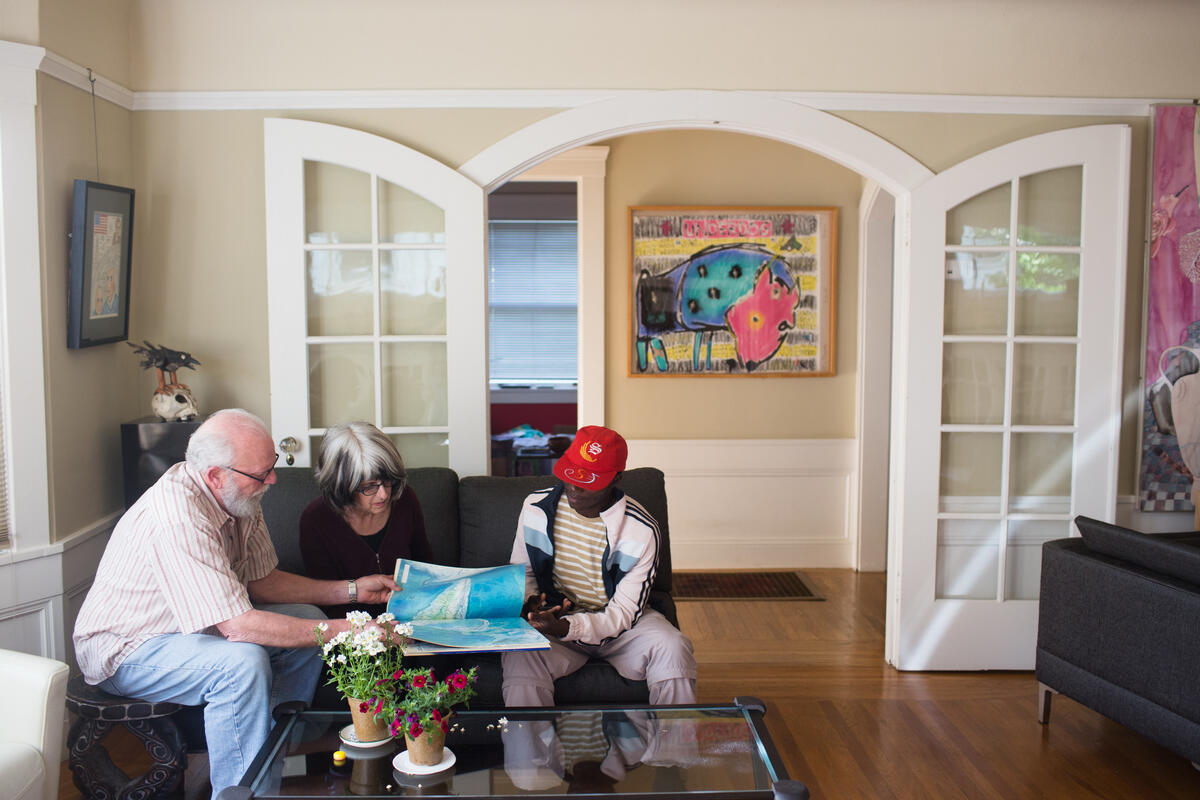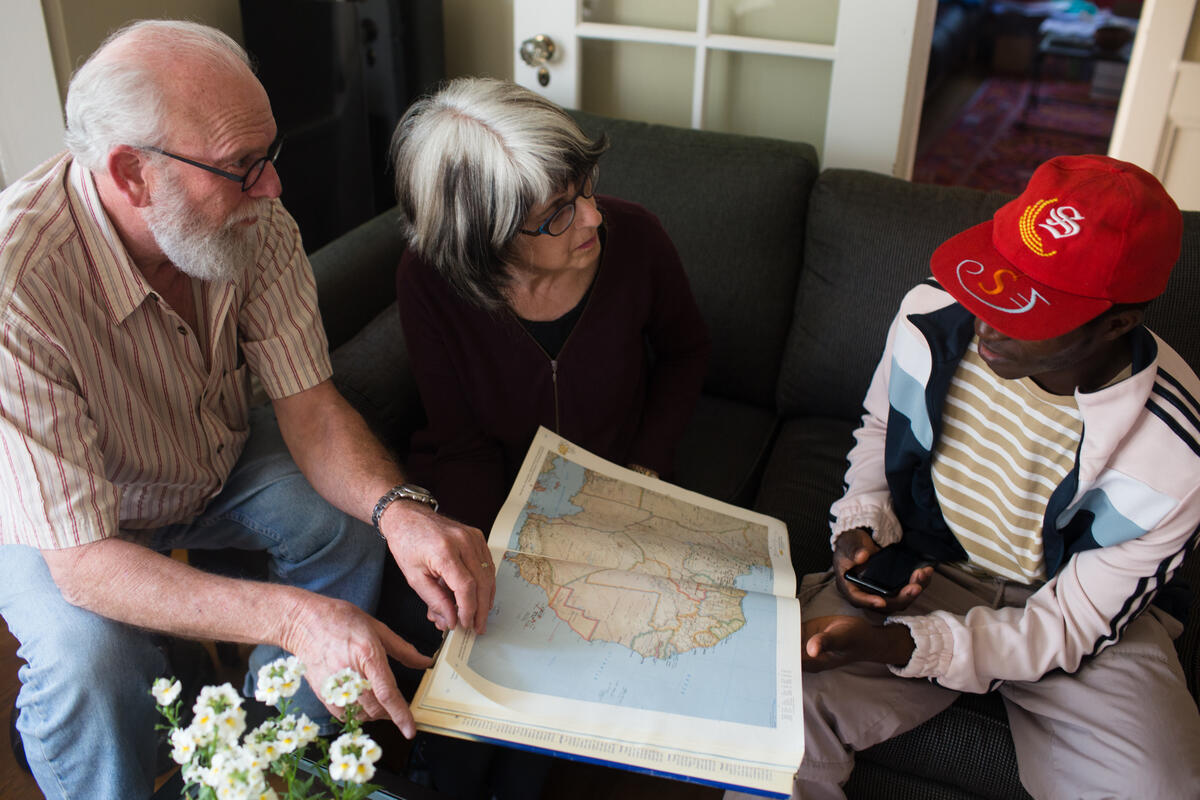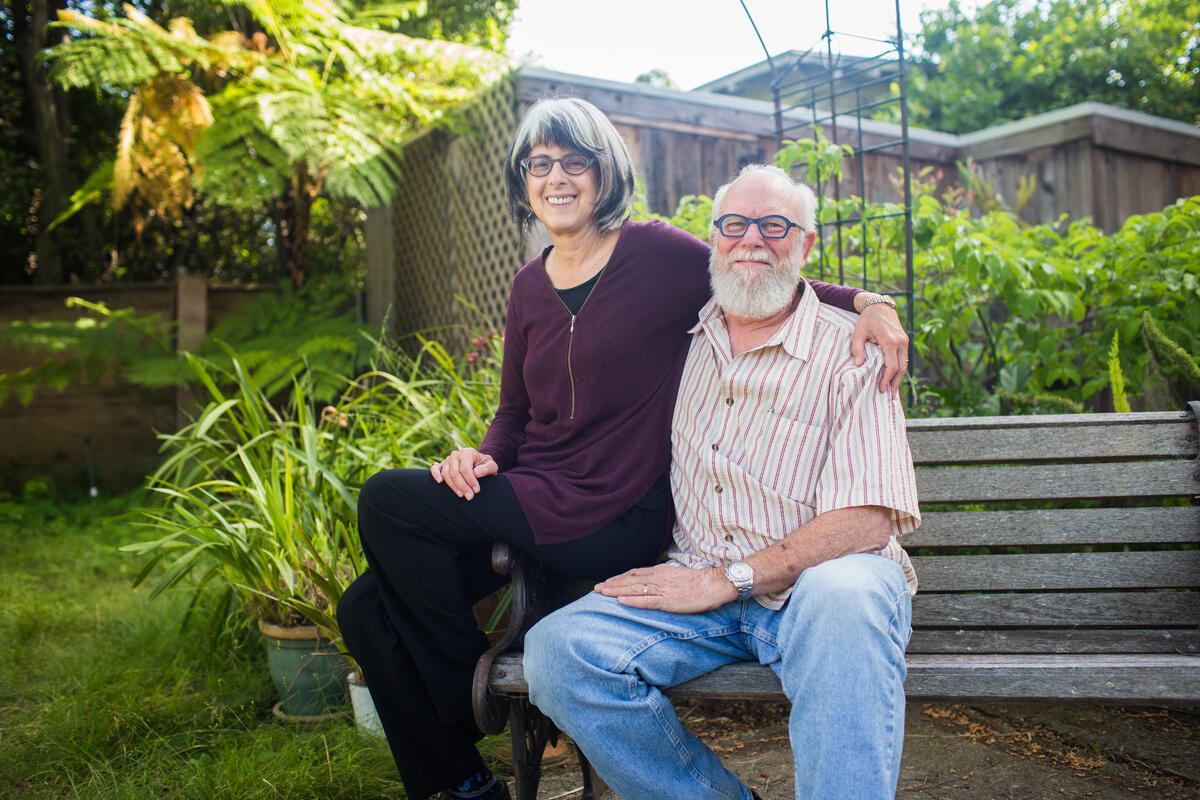Searching for a safe place to be gay

Searching for a safe place to be gay
Walking down the street while holding hands with his boyfriend could have gotten Subhi Nahas tortured and killed in his hometown of Idlib, Syria, where he says hardline militias target gay men and execute them.
That is why 28-year-old Nahas fled the country in September 2012, as the war was spreading and militants were entering strategic areas like the north-western town of Idlib.
“My family has never accepted me for being gay, and at that point I wasn’t safe inside my home or outside in the city. I was afraid that my own father would some day tell [the militias] about me being gay,” said Nahas, who arrived in San Francisco in June 2015. He was resettled with the help of two organizations in northern California working to get lesbian, gay, bisexual, transgender and intersex (LGBTI) refugees out of dangerous environments.
The Organization for Refuge, Asylum and Migration (ORAM), a San Francisco-based non-profit organization, has staff in Turkey reaching out to LGBTI refugees who have gone there to escape persecution in their home countries and helping process their visa applications.
Nahas also received assistance from Jewish Family and Community Services East Bay (JFCS), a non-profit based in nearby Berkeley that runs an LGBTI refugee resettlement program. Since 2011, JFCS East Bay has resettled and assisted about 60 LGBTI refugees and asylum-seekers in the Bay Area. It offers refugees temporary housing with a host family, counseling programs and legal support.
“I always dreamt about San Francisco because it seemed like a place where I could be myself,” said Nahas, who now lives with his American partner in the Castro, San Francisco’s iconic gay district. In Syria and many other Middle Eastern and African countries, being gay is illegal – and often punishable by imprisonment or death.
“I knew that militants and guards would think that I was gay if they heard me speak.”
Subhi Nahas, Syrian refugee
Peter Altman, who directs ORAM’s San Francisco office, says LGBTI refugees are one of the most isolated and brutalized groups of people worldwide. “The scope of the problem is getting larger,” he said, “because in some places all of the advocacy on LGBTI refugee rights has resulted in growing acceptance and in other countries its exacerbated homophobia.”
In March ORAM published a multilingual glossary of words and terms to help aid workers and employees of non-profits better communicate with LGBTI refugees. The glossary has been translated into Farsi, Arabic, French and Turkish.
For Nahas, the road to the Bay Area was not without hurdles. He made two perilous journeys, one by car from Idlib to Beirut, the capital of Lebanon, and another from Beirut to Antakya, in southern Turkey.
“I paid the driver double money to speak for me at the checkpoints from Idlib to Beirut, because I knew that militants and guards would think that I was gay if they heard me speak,” said Nahas.

Subhi Nahas from Syria helps set the table at a friend's dinner party in San Francisco.
It is increasingly difficult for refugees and asylum-seekers in Lebanon to work. After six months in Beirut, Nahas had tapped out his resources and was running out of money. “Returning to Syria wasn’t an option, so I used the last money that I had to pay for a flight to Turkey,” said Nahas, who helped translate for international organizations operating near the Turkish-Syrian border.
Nahas met an ORAM attorney who was in Turkey researching the living conditions and asylum application process for LGBTI refugees. He says ORAM representatives guided him through the process supported by UNHCR, the UN Refugee Agency. The non-profit explained to him the US Department of Homeland Security interview process, and eventually found him a host family to live with in the Bay Area.
ORAM works primarily in Turkey. “The work that ORAM and other advocacy organizations are doing is very important,” said Nahas.
Nahas’ skills also landed him a job at ORAM when he moved to the Bay Area. He helped with Arabic translations, designing publications and serving as a spokesperson for LGBTI refugee rights. He even detailed his incredible journey before the UN Security Council in August 2015.
“He had to live in fear for so long."
Mark Averett, Nahas’ partner
“He had to live in fear for so long that sometimes he shuts down and I have to remind him that he is in a safe place,” said Mark Averett, Nahas’ partner of nine months. Averett recently introduced Nahas to his family.
“Resettling LGBT refugees is a slow and sensitive process because we build a support group around every person we resettle,” said Amy Weiss, JFCS East Bay’s Director of Refugee and Immigrant Services.
One of those hosts is Judy Salomon, a 64-year-old grade school teacher from Berkeley, who has been hosting two gay refugees from Uganda since January. “When I heard that the greatest need for resettling refugees was housing for LGBT individuals, it made sense to me and I wanted to help,” said Salomon, whose own kids are grown and no longer living with her.
“Our Ugandan guests were scared at first. Everything was new and they had already suffered so much trauma back home,” said Salomon. “But what opened everything up was when they met my six-year-old granddaughter. Kids have a way of getting everyone to relax.”
Salomon says the agreement with JFCS was to host the refugees for six months, and after a month it seemed as if they were already a family.
UNHCR is committed to protecting the rights of LGBTI people and is continuing to work to build the capacity of its staff and partners to do so. Last year it launched Protecting Persons with Diverse Sexual Orientations and Gender Identities, its first global overview of its progress in protecting lesbian, gay, bisexual, transgender and intersex asylum-seekers, refugees and others.
Weiss says JFCS East Bay gets many calls from LGBT refugees from around the world, but it can only help those who have received refugee status from UNHCR. She says most of the LGBTI refugees whom they have settled came from African countries including Uganda, Congo, Burundi and Rwanda. Others came from the former Soviet Union and the Middle East.
“It’s criminal to help homosexuals in some of these countries, so it makes it difficult to serve them directly,” said Weiss.
“San Francisco is a new beginning for me.”
Anthony,* Lebanese asylum-seeker
That’s why Anthony* recently connected with ORAM in San Francisco to volunteer his time and skills in helping LGBTI refugees and asylum-seekers from the Middle East. Anthony is from Lebanon and has applied for asylum in the United States.
“I see gay teenagers walking around San Francisco. They are so free, and I get sad that I didn’t have this when I was younger,” said 29-year-old Anthony, who grew up near Beirut. He says that as an asylum-seeker, he has yet to prove that returning to Lebanon is too dangerous for him.
The first time he opened up about being gay was eight years ago, when he was 21. He drove two hours from his home to a different city to confess to a priest.
“I grew up Catholic and was always told that the priests were very educated. During confession I told the priest I had feelings for men. He kept my secret but told me to fix myself,” said Anthony. “San Francisco is a new beginning for me.”
*Name changed for protection reasons.

